The Legalities of Facebook Scraping: What You Need to Know
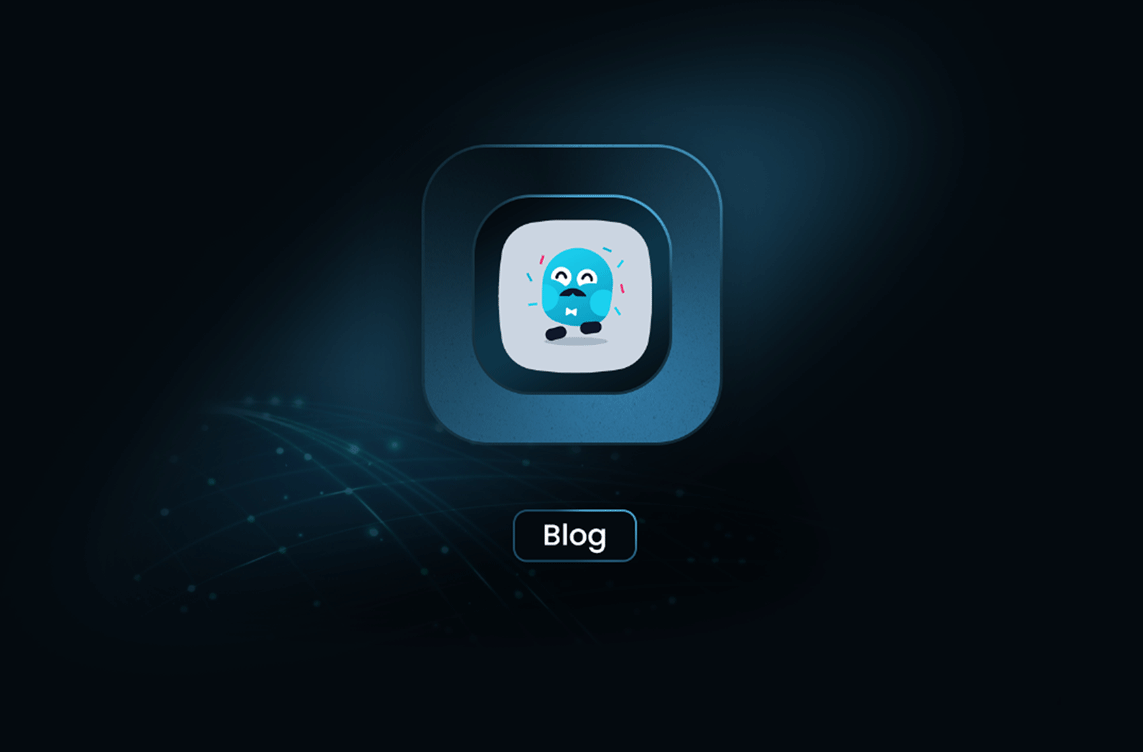
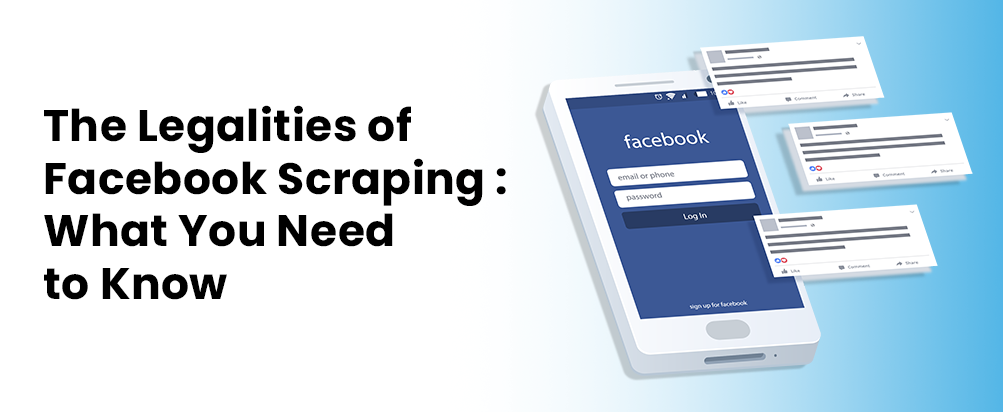
In the realm of data collection, web scraping has become a common practice for gathering information from websites. Facebook, being a treasure trove of user data, is often a target for scraping activities. However, before embarking on any scraping endeavor involving Facebook, it's crucial to understand the legal implications to avoid running afoul of the law.
What is Facebook Scraping?
Facebook scraping involves extracting data from Facebook's platform, such as user profiles, posts, comments, and more. This data can be valuable for various purposes, including market research, competitor analysis, and targeted advertising.
Legal Considerations

Regarding scraping Facebook data, there are several legal considerations to remember. First and foremost, scraping Facebook data without permission may violate Facebook's terms of service. Additionally, scraping activities may run afoul of legal regulations, such as the General Data Protection Regulation (GDPR) in the European Union or the Children's Online Privacy Protection Act (COPPA) in the United States.
Facebook has strict policies regarding data scraping, and the company actively works to prevent unauthorized scraping activities. This includes using technical measures to detect and block scrapers and taking legal action against violators.
To scrape Facebook data legally, it's essential to follow best practices. This includes obtaining permission from Facebook if necessary, respecting user privacy by only collecting data that is publicly available or consented to, and complying with all relevant laws and regulations.
Alternatives to Scraping
Instead of scraping Facebook data directly, consider using Facebook's API, which provides a sanctioned way to access certain data. Additionally, there are third-party tools available that comply with Facebook's policies and can provide the data you need without violating any rules.
In conclusion, while Facebook scraping can be a valuable tool for gathering data, it's essential to understand and adhere to the legalities surrounding this practice. By following best practices and exploring alternative methods, you can ensure that your scraping activities are legal and ethical.
In this blog post, we've navigated the intricate world of Facebook scraping legality, shedding light on the essential need for compliance with legal regulations and Facebook's terms of service.
If you're keen on diving deeper into the legal considerations surrounding scraped data, don't miss our previous blog post: Legal Considerations When Using Scraped Data.
Happy Scraping!
Table of Contents
Take a Taste of Easy Scraping!
Get started now!
Step up your web scraping
Find more insights here
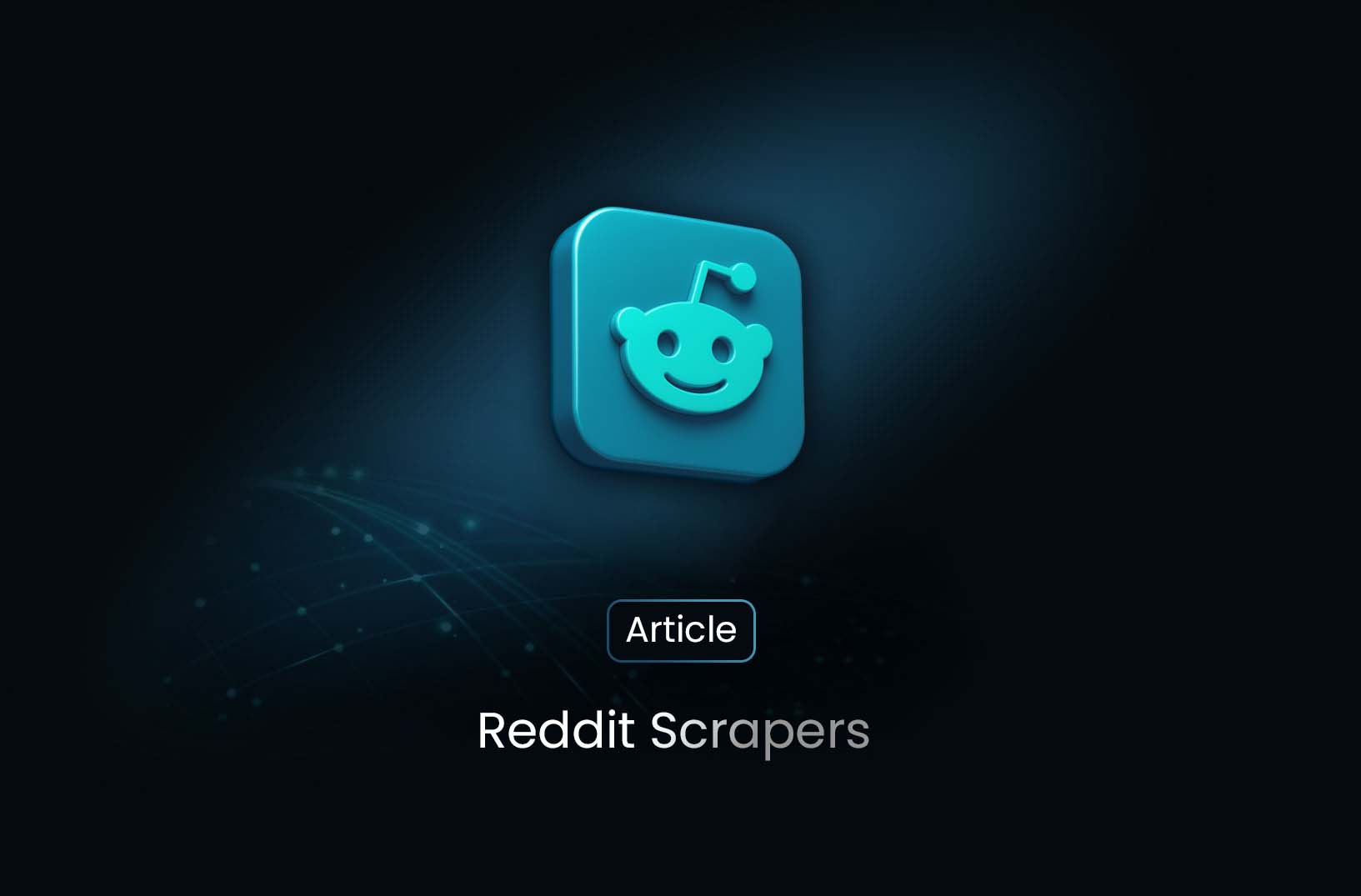
A Simple Guide to Using Reddit Scrapers for Data Collection
Reddit Scraper automates collecting posts, comments, user metadata, etc., which would be tedious or nearly impossible manually. Below I explain what reddit scrapers are, how they’re commonly used, risks involved, and best practices (especially relevant for someone using MrScraper).
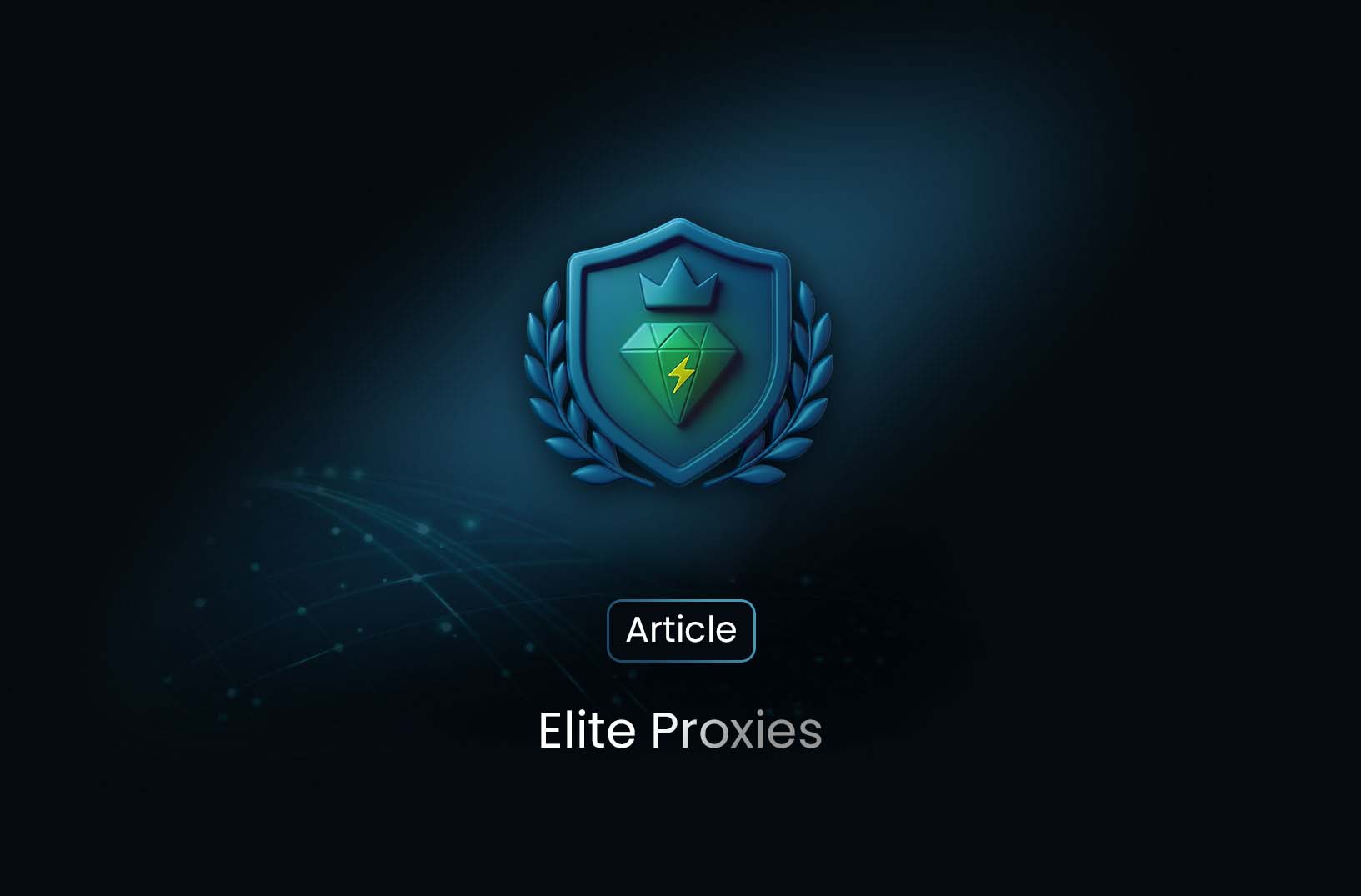
Why Many Scrapers Prefer Using Elite Proxies?
Elite proxies also called high-anonymity proxies do not only hide your real IP address, they also hide the fact that you're using a proxy.
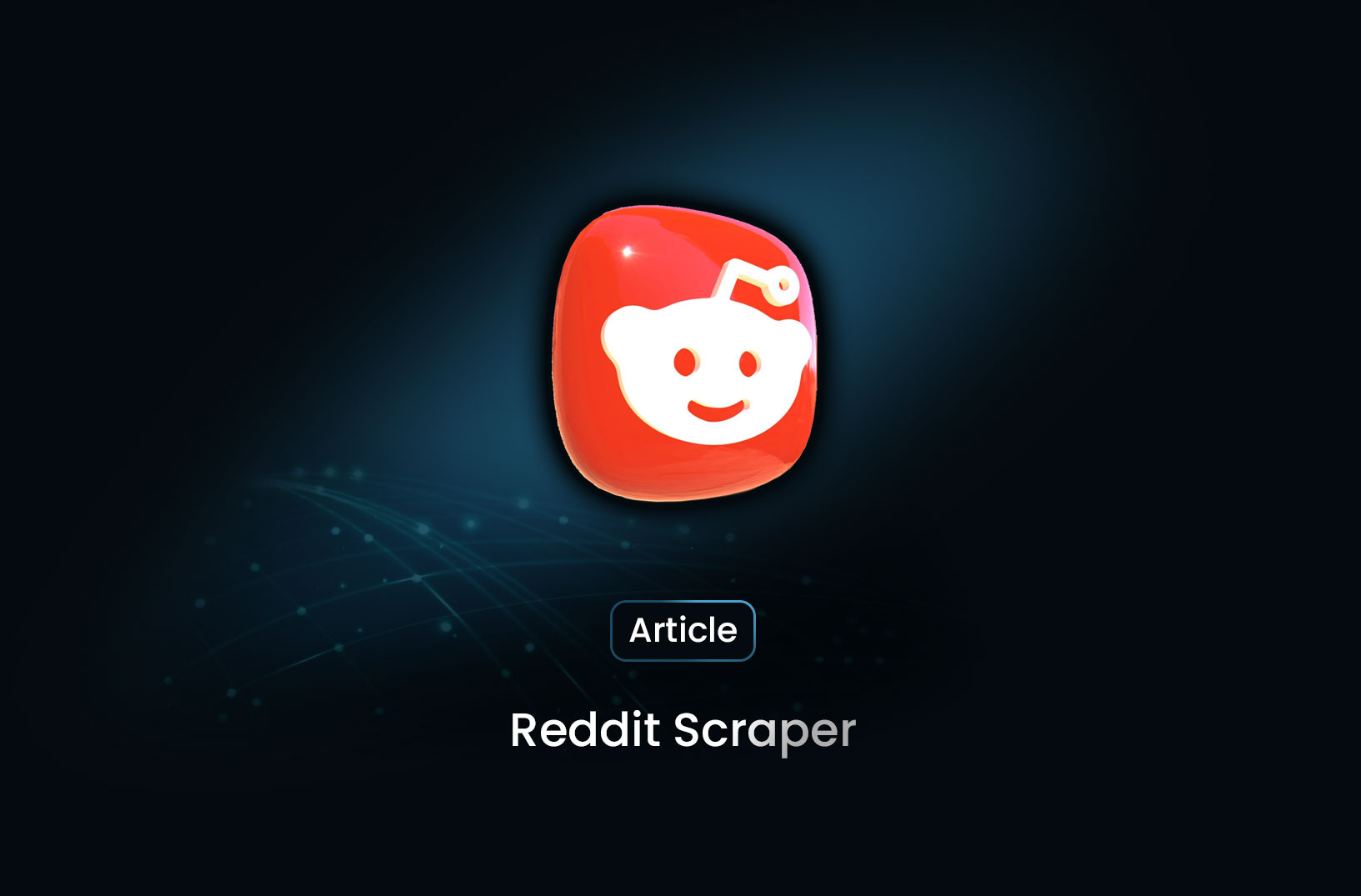
Reddit Scraper: Everything You Need to Know About Extracting Data from Reddit
Reddit scraper is a tool or script designed to collect data from Reddit posts, comments, subreddits, user profiles, and threads—either via official API access or through web scraping techniques.


@MrScraper_
@MrScraper